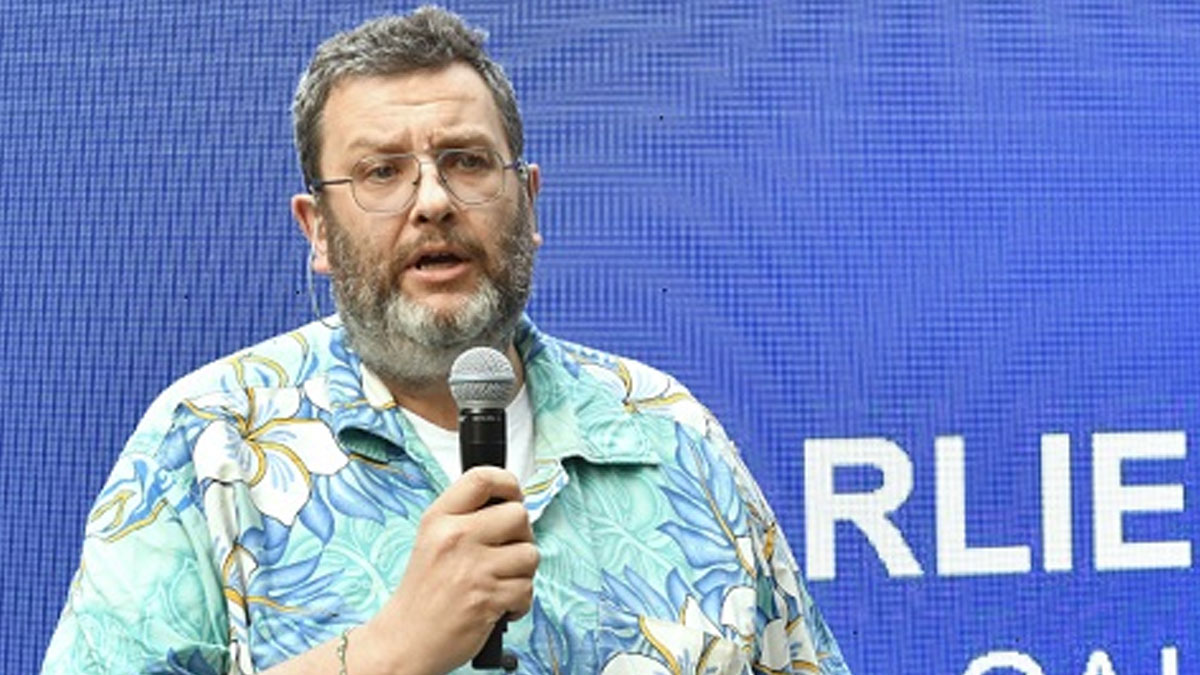
The Fijian Government has announced the endorsement of the Fiji National Policy on the Rights of Persons with Disabilities 2025–2030, a key milestone aimed at improving the quality of life for persons with disabilities through a human rights-based approach.
Minister for Women, Children and Social Protection, Sashi Kiran highlighted in parliament that the revised policy replaces outdated medical and charity models and emphasises the active participation, inclusion, and empowerment of persons with disabilities.
Kiran says with the $1.5 million investment to support the policy over five years, they have identified 13 strategic priority areas, including accessibility, education, employment, healthcare, data, and gender-based violence.
She says there is coordination by the National Council for Persons with Disabilities with the development partners such as DFAT, the SPC, and UN Women, where they established a centralised disability data hub and implementation of inclusive economic empowerment programs, including micro-enterprise support and vocational training.
She says progress has been made in policy development, social protection, with 14,000 allowance recipients receiving increased support, and economic empowerment initiatives through collaborative efforts with international partners.
Member of the Opposition, Virendra Lal welcomed the policy and commended the Minister for bringing the issue to Parliament, but raised several critical concerns.
Lal stressed that a policy without effective execution is merely symbolic.
He says in the 2023 Fiji Disability Statistics Monograph, they pointed out that only 27 percent of persons with disabilities aged 15 and above are economically active, which reflects a failure to translate training into real job opportunities.
He also called for public reporting on the success of employment incentives, accessibility audits, and how many jobs have been created through tax reductions for inclusive employers.
Lal also urged the government to ensure that schemes like the Young Entrepreneurship Scheme are fully accessible, including grants and mentorship tailored to the needs of persons with disabilities.
Meanwhile, both the government and the opposition support the disability rights agenda and recognise the significance of the new policy.
Stay tuned for the latest news on our radio stations

